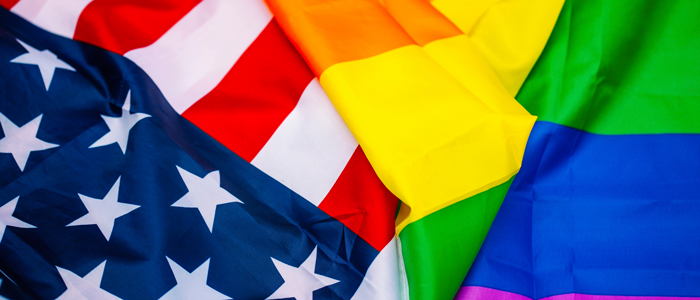Note: This blog was originally published on April 4, 2016
Governor Tom Wolf recently called for the Pennsylvania General Assembly to pass anti-discrimination legislation. This legislation would offer equal protection under the law for all Pennsylvanians, regardless of sexual orientation or gender identity.
PCAR supports the call for statewide anti-discrimination measures. LGBT people are at increased risk for experiencing sexual violence, in part because of discriminatory practices in local, state and federal arenas. This policy action is one way that we can build a safer, more affirming environment for people who identity as lesbian, gay, bisexual and transgender.
The governor’s plea is a reaction to the widely criticized HB 2 that passed in the North Carolina State Legislature in March. Effective today, the bill blocks local governments from enacting protections for LGBT people. This legislative measure came about one month after the city of Charlotte passed a bill protecting LGBT people from discrimination by local businesses.
We, along with other anti-sexual violence coalitions, see North Carolina’s HB 2 and similar efforts in our own state, as deeply concerning. One facet of the NC bill was to limit use of public restrooms based on the “biological sex” of the person. Many advocates for civil rights, including our national partners at FORGE, see measures like this as a direct attack on transgender and gender-non-conforming individuals.
Proponents of measures like this use fear-mongering tactics about risk of sexual violence to help garner support for this discriminatory legislation. These tactics provide inaccurate information about the risks and realities of sexual violence.
The well-researched facts are:
- People are much more likely to experience sexual violence that is perpetrated by a friend, acquaintance or partner in a familiar place, like the victim or perpetrator’s home. (NISVS, 2011)
- While sexual violence committed by a stranger in a public place happens, it is rare and represents a small percentage of sexual violence cases. (NISVS, 2011)
- Transgender people are at increased risk for experiencing physical, sexual and verbal assault in public restrooms (FORGE, 2015). This is especially true when their rights are not protected by law.
- States, cities and schools that have given bathroom rights to transgender people report no increase in assaults in bathrooms (Brinker & Mazza, 2014).
- At least 50 percent of transgender people have experienced some form of sexual violence (Injustice at Every Turn Report, 2012).
We have a responsibility in Pennsylvania to promote accurate information about sexual violence victimization and perpetration. We also have a responsibility to understand the realities and impacts of harmful, discriminatory legislation. You can learn more about the facts of transgender people and bathrooms through FORGE or about sexual violence against LGBTQ people on our website.






